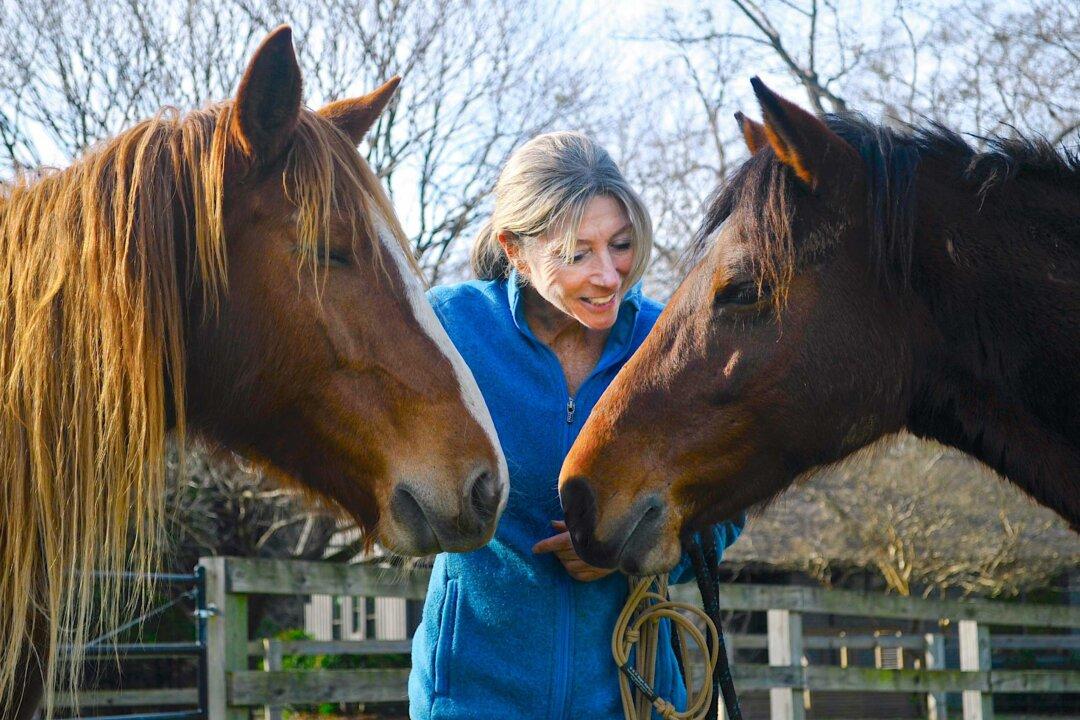Adam Brooks looks more like a banker than an elephant keeper. The 29-year-old assistant curator at the Birmingham Zoo is a clean-cut young man with a happy smile and an easy demeanor. He is in charge of three massive African elephants and all the primates at the facility.
Adam adores his job, including feeding time. On a winter afternoon, he approached the elephant enclosure and hollered three names. The humongous African elephants made their way toward him like slow, hungry puppies. They knew that food would follow. When they neared the edge of the enclosure, Brooks tossed each a hefty bale of hay. The animals grabbed the hay with their trunks and shoved it into their mouths. The littlest of the three took some hay and strolled away from the other two.
“He does that so the big one here doesn’t eat his food,” Brooks said, chuckling. Sure enough, when the big dominant elephant finished his bale of hay, he meandered over to where the smaller one was and cleaned up the rest of his pile.





